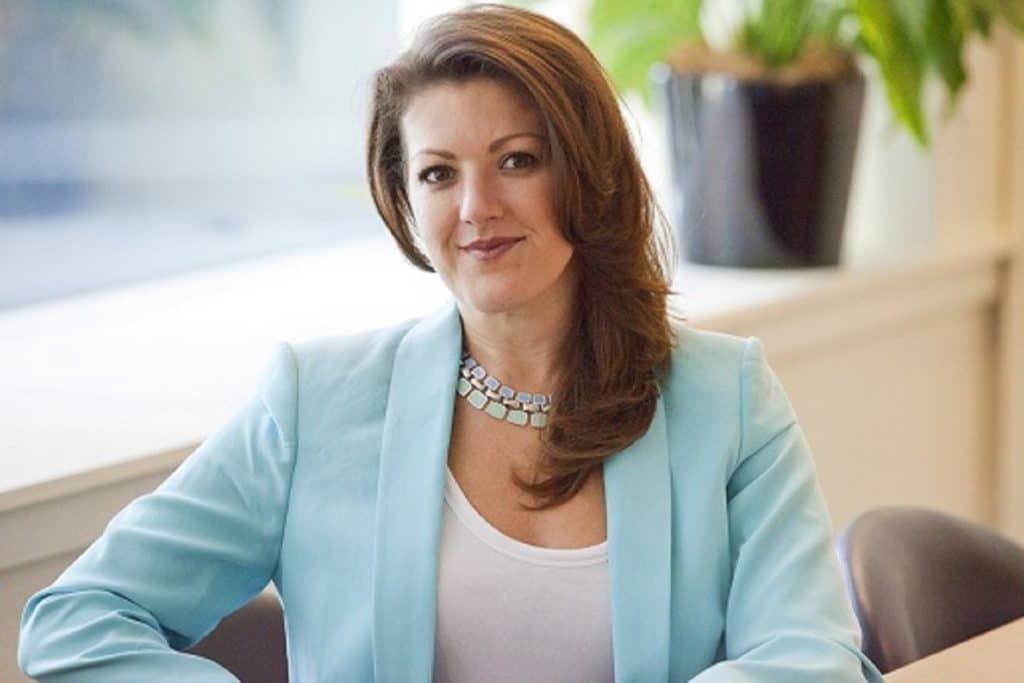Results from an ethical review of Australia were released Thursday, showing the nation’s trust in organisations, occupations and current issues has dropped in 2022.
Some of the biggest contenders for a lack of the nation’s trust were organisations like TikTok, occupations like state politicians and the urgency of climate action.
It’s the second year that the nation’s trust in ethical issues and conduct has fallen, and this is the annual Ethics Index’s seventh release by Governance Institute of Australia.
The Index reveals an overall ethics score that crunches data from a survey of 1000 people.
This year’s score? It was 42 compared to the score of 45 in 2021, and a significant drop from the five-year high of 52 in 2020.
Governance Institute CEO Megan Motto said that Australia’s trust was high in 2020 due to a coordinated and well communicated first response to the pandemic, plus a general sense of public unity. Since then, however, Motto noted the decline has been evident and direct action is required to reverse this trend.
“A stabilisation in trust and ethics had been hoped for this year but it was not to be. We are now seeing a distinct downward trend in trust and ethics. Given strong ethics are an indicator of a strong, well-functioning society, this is a major concern and this year’s results must serve as a red flag reminder of the importance of trust and ethics at all levels of our society.”
Some of the key findings in the Index’s results for occupations include a net score of -22 for state politicians, making this the least ethical occupation in the eyes of the nation. It’s down from -10 in 2021 and 2 in 2020.
Up next on the lowest scoring ethical occupations were federal politicians and real estate agents, whereas nurses, fire services and ambulance services scored highest.
As for the ethics of organisations, Australians distrust TikTok (-32), pay day lenders (-30) and Facebook (-28). On the flipside, the nation views Pathology services specialists (66), primary schools (65) and medical charities (64) as the most ethical.
These organisational views align with how survey respondents saw various sectors– health, education and charities/NFPs garnered the most trust, while media, large corporations and resource companies had the least trust.
Motto points out that “as the intensity of a crisis lessens”– such as the pandemic– “we begin to interrogate the response.”
“We see the other problems around us in the harsh light of day,” she says. “Such as health advice versus politics, multiple corporate and government scandals, workplace issues such as the return to the office and the ongoing ‘Great Resignation’, plus growing concern on issues such as climate change. As we continue to traverse the ‘new normal’ it seems we are a little less trusting, more cynical and more divided.”
When it comes to the nation’s view on climate action, the survey shows we have high ethical expectations that are often directed towards the Federal Government and multinational corporations rather than an individual obligation.
Respondents noted that this was because they saw the Federal Government as having the highest urgent ethical obligation to act (70), while individuals register as having the lowest (47).
Australia’s high ethical expectations towards climate action extend throughout other key categories as well.
The ethics review produced a score for the gap between our expectations of how ethical something should be and how ethical we think it actually is– Ethics Expectation Deficit. The score was -37, meaning it widened from 2021’s score of -28.
“The wider the gap, the bigger the indication that society is not performing the way we want it to,” Motto said.
“Following two years of poor results, it’s time for an ethical reset for the nation. Organisations must reaffirm their commitment to ethics and create a positive culture. If culture is not deeply entwined with your overall strategic plan, then there is more work to be done.”


